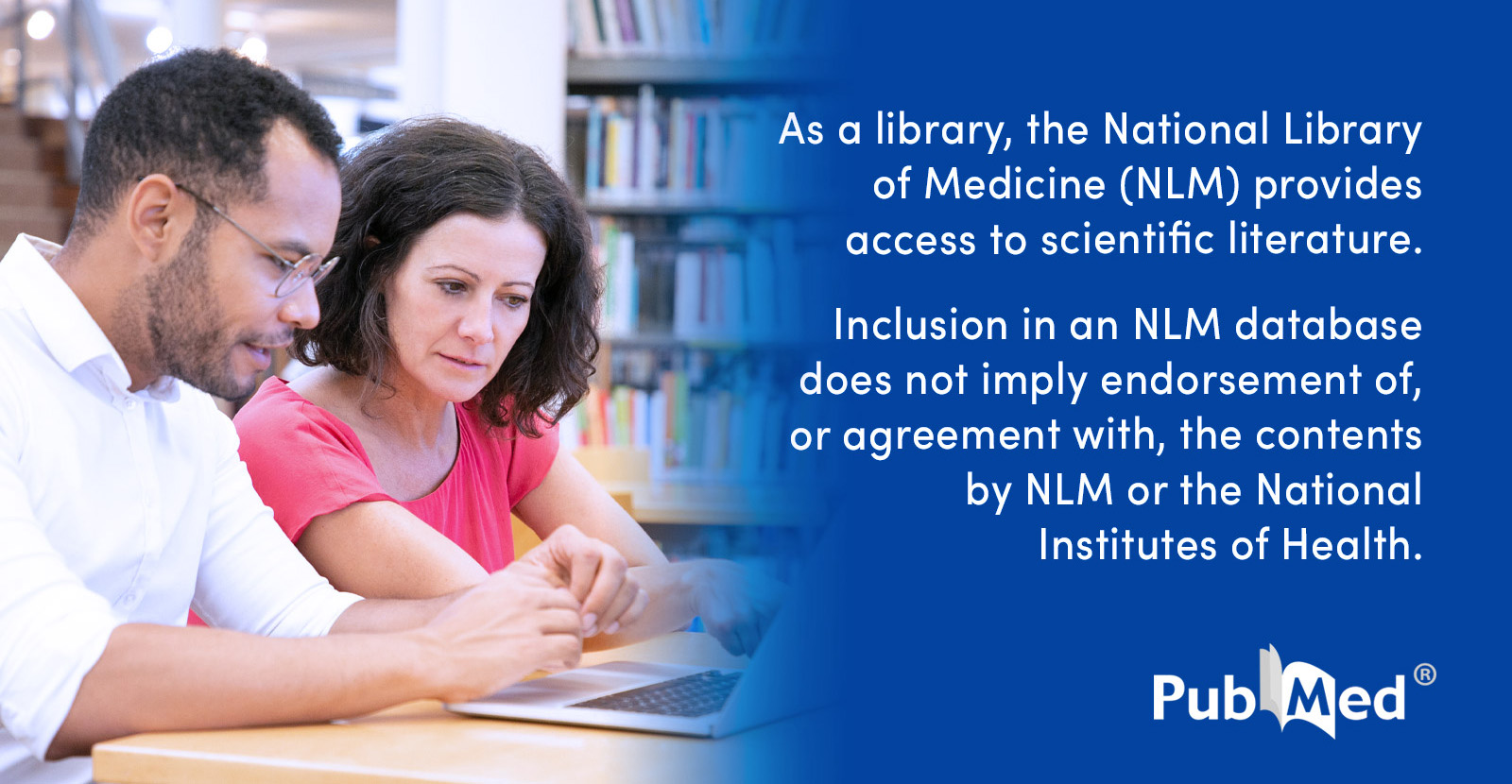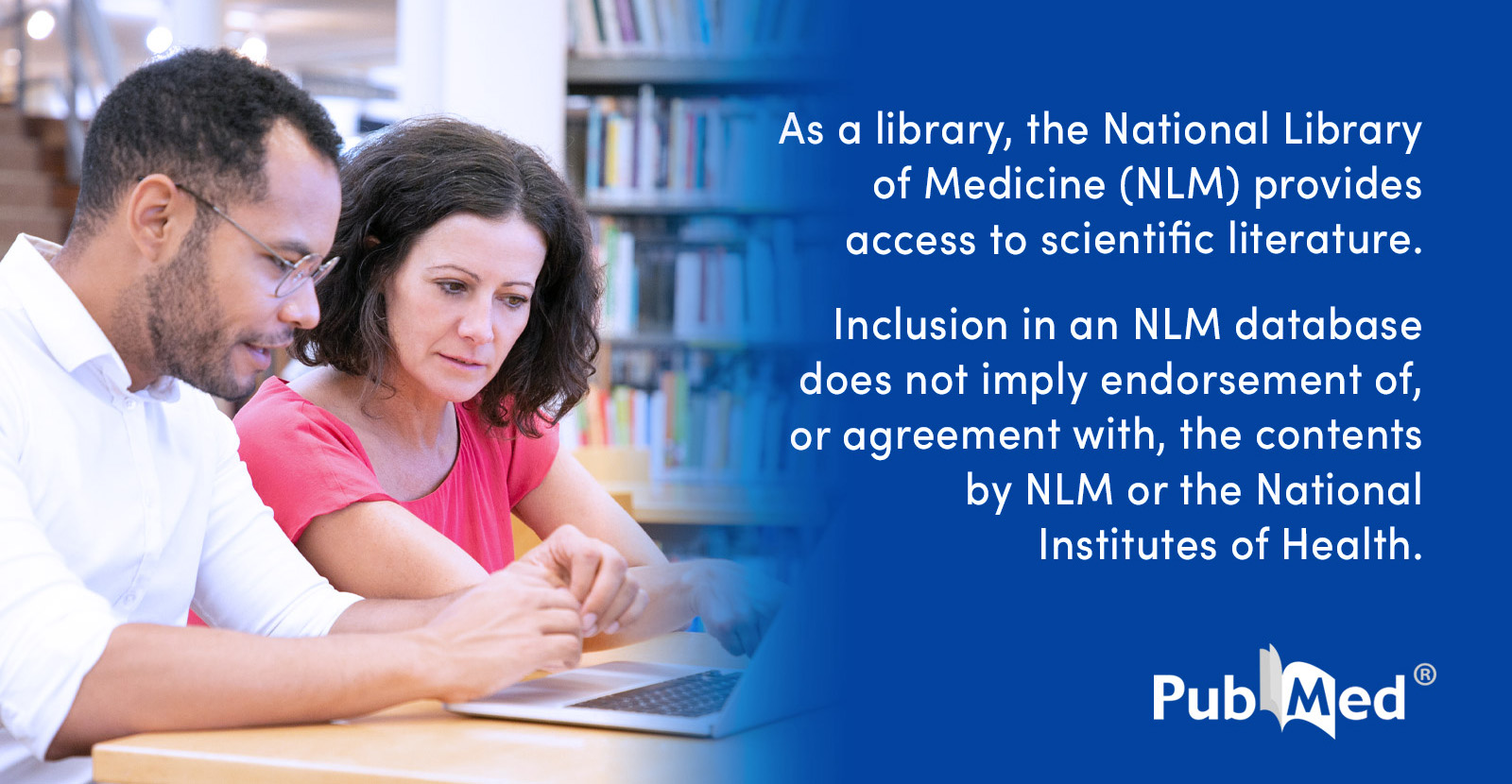
A recent evaluation of an educational program conducted within a hospital stroke unit has revealed significant findings regarding its effects on patient outcomes. While the initiative did not yield measurable improvements in patient knowledge about stroke or stroke-related services, it did lead to a notable reduction in patient anxiety six months after the onset of a stroke.
The program aimed to enhance recovery by providing stroke survivors with information covering the causes, treatments, and recovery pathways associated with stroke. Education was delivered during patients’ stays in a specialized stroke unit, with the intention of empowering individuals and supporting their rehabilitation journey.
Despite these goals, post-program assessments showed that patients did not retain more information about their condition compared to those who did not participate in the program. However, psychological outcomes painted a different picture. Patients who underwent the educational intervention reported significantly lower levels of anxiety at the six-month follow-up mark.
Lower anxiety among stroke patients is clinically important, as it can influence recovery trajectories, enhance engagement in rehabilitation, and improve overall quality of life. These findings suggest that while knowledge retention may require different educational approaches, structured support offered during hospitalization can have substantial psychological benefits.
The study underscores the complex relationship between patient education, emotional well-being, and health outcomes, and highlights the need for future research to optimize both informational literacy and mental health during the stroke recovery process.
Source: https:// – Courtesy of the original publisher.








